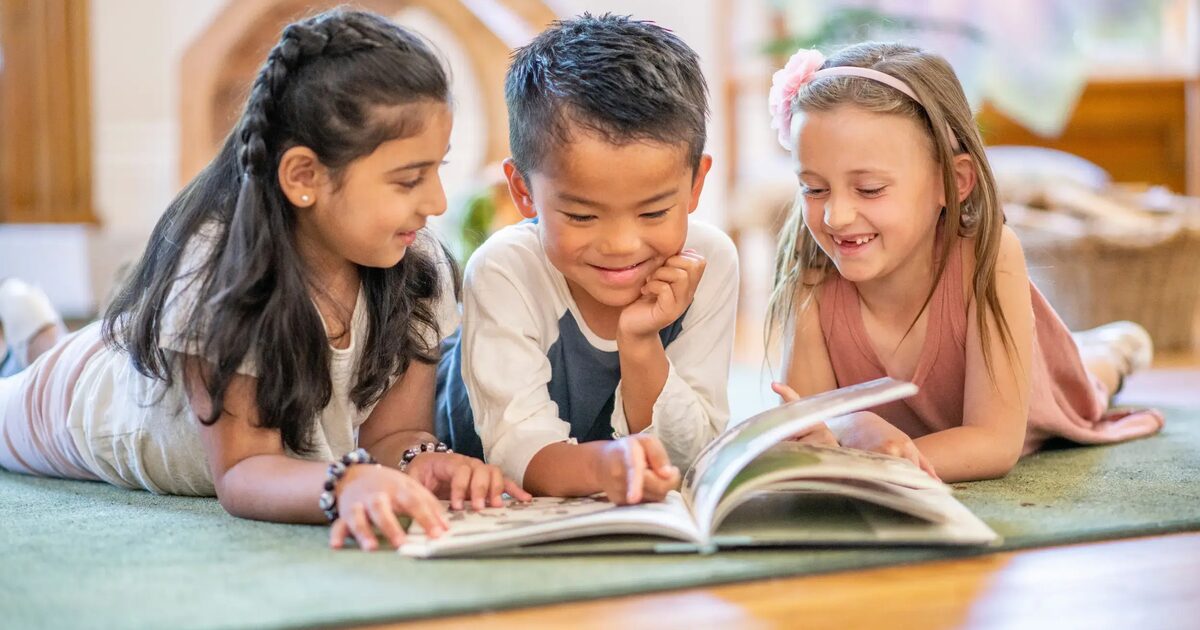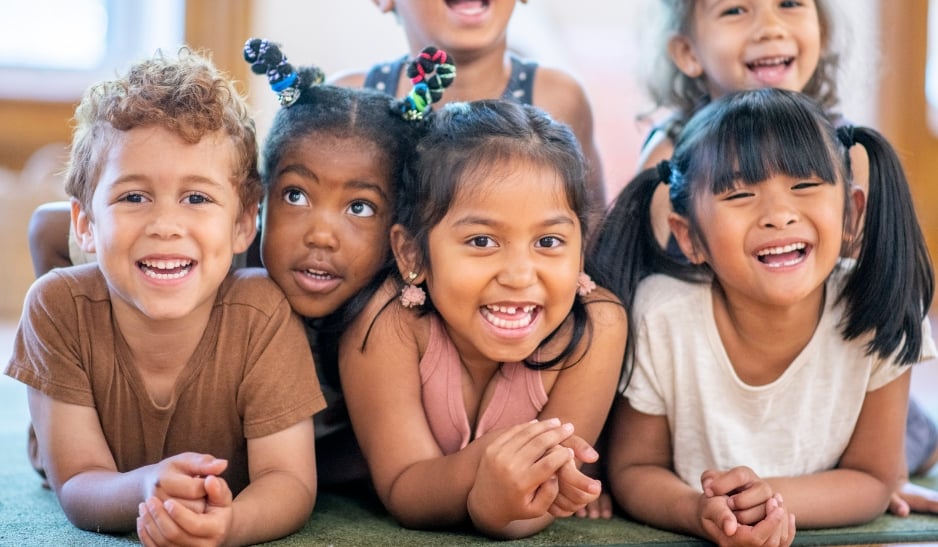Why Should Culture Shape Your Childs Upbringing?
In shaping your child’s upbringing, culture reveals the potential of their identity, values, and worldview. Embracing cultural roots fosters a strong sense of belonging and pride, nurturing self-confidence. Exposure to diverse perspectives cultivates empathy, respect for others, and a global mindset. Cultural ties influence your child’s development, success, and resilience, preparing them for life’s challenges. Through social skills, communication, and shared…










